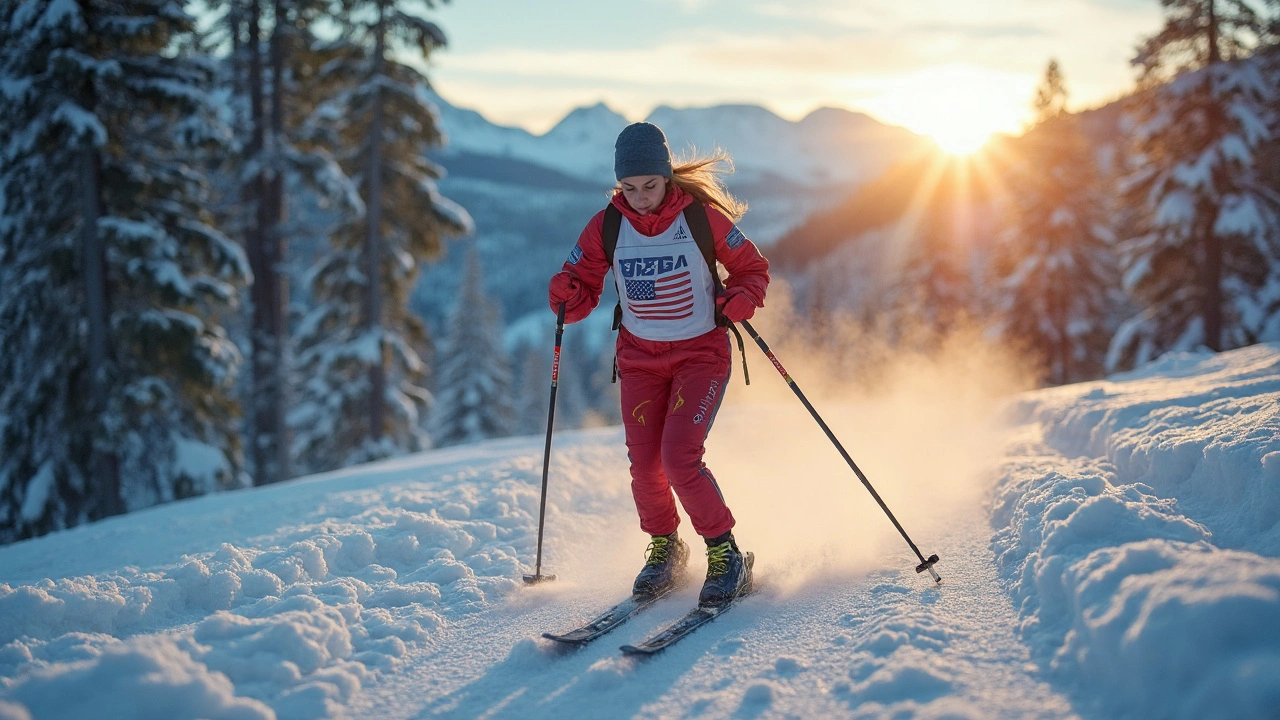Russian Athletes – Health, Performance and News
If you follow Russian sports, you know the athletes are constantly pushing limits. Whether you’re a fan, a coach, or an athlete yourself, the right advice can make a big difference. Below you’ll find practical training ideas, nutrition pointers, and the latest headlines that matter to anyone interested in Russian athletic performance.
Training Tips Tailored for Russian Athletes
Russian training programs often blend strength, endurance and technique in a single session. One effective approach is to start with a 10‑minute dynamic warm‑up that mimics the sport’s movements—think high‑knees for sprinters or lateral lunges for football players. Follow that with a compound lift like the clean and press; it builds power while training coordination. Keep the rest periods short—30 to 60 seconds—to maintain heart‑rate and improve conditioning.
Another tip is to incorporate interval training on a snow‑free track or indoor facility. Sprint 30 seconds at max effort, then jog or walk for 90 seconds. Repeat eight to ten times. This method boosts VO2 max and replicates the burst nature of many Russian sports, from biathlon to speed skating.
Nutrition and Recovery for Peak Performance
What you eat can be as important as how you train. Russian athletes often rely on balanced meals that include lean protein, complex carbs and healthy fats. A typical post‑workout meal might be grilled chicken, quinoa and a side of roasted vegetables, providing the amino acids and glycogen needed for muscle repair.
Don’t forget hydration—especially during long training blocks in colder climates. Drinking a warm electrolyte drink before a session helps maintain fluid balance and keeps muscles from cramping. For recovery, consider adding a short sauna session; it improves circulation and speeds up waste removal from muscles.
Sleep is the final piece of the puzzle. Aim for seven to nine hours of uninterrupted rest. If you struggle with falling asleep after evening workouts, try a brief meditation or a warm bath to lower your core temperature before bed.
Staying updated on Russian sports news also helps you adjust your plan. Recent reports highlight a shift toward more scientific monitoring, with athletes using heart‑rate variability and lactate testing to fine‑tune training loads. Keeping an eye on these trends can give you a competitive edge.
In short, blend smart warm‑ups, high‑intensity intervals, balanced meals, proper hydration, and solid sleep. Track your progress, stay curious about new research, and you’ll see steady improvements—just like the top Russian athletes you admire.
-

Mariya Istomina: Rising Star in Cross-Country Skiing
Mariya Istomina’s journey from junior standout to Olympic top ten finisher in cross-country skiing proves how consistent progress and hard work pay off on the snow.